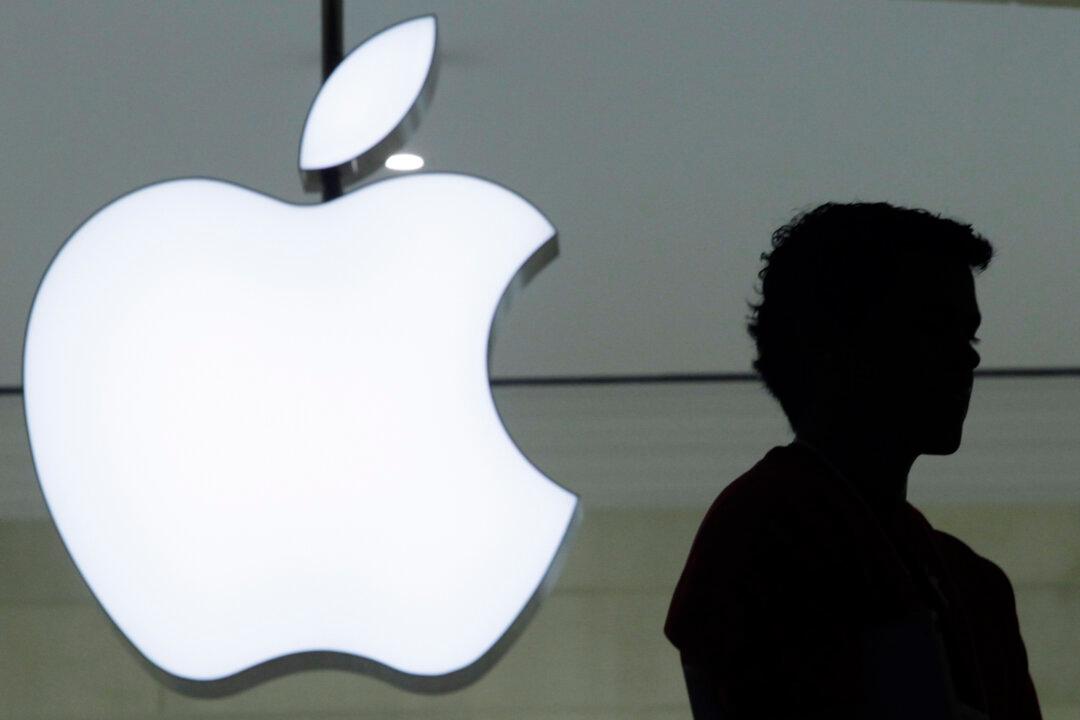After the FBI announced on March 28 that it did not need Apple’s assistance to unlock an encrypted phone, it seems like the Cupertino based company is the one who needs help now.
The FBI was in a legal dispute with Apple after it refused to unlock an iPhone belonging to one of the San Bernardino shooters, Syed Farook, who, along with his wife, Tashfeen Malik, killed 14 people in December.
The hacking of the phone revealed to consumers that they can’t keep the government out of even an encrypted device that U.S. officials had claimed was impossible to break into.
Authorities were able to defeat an Apple security feature.




